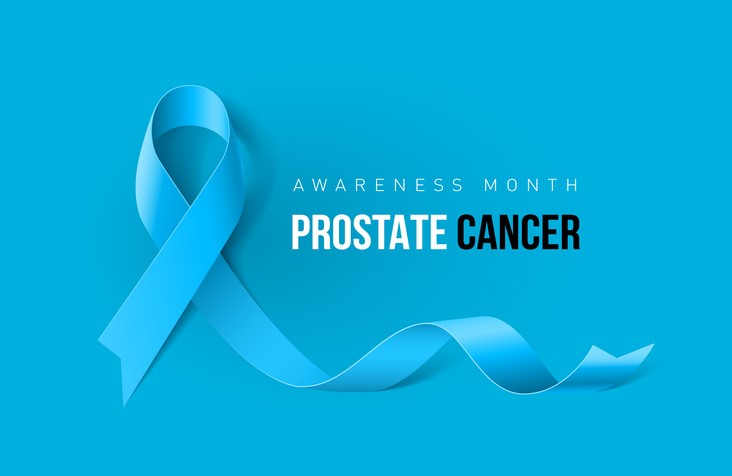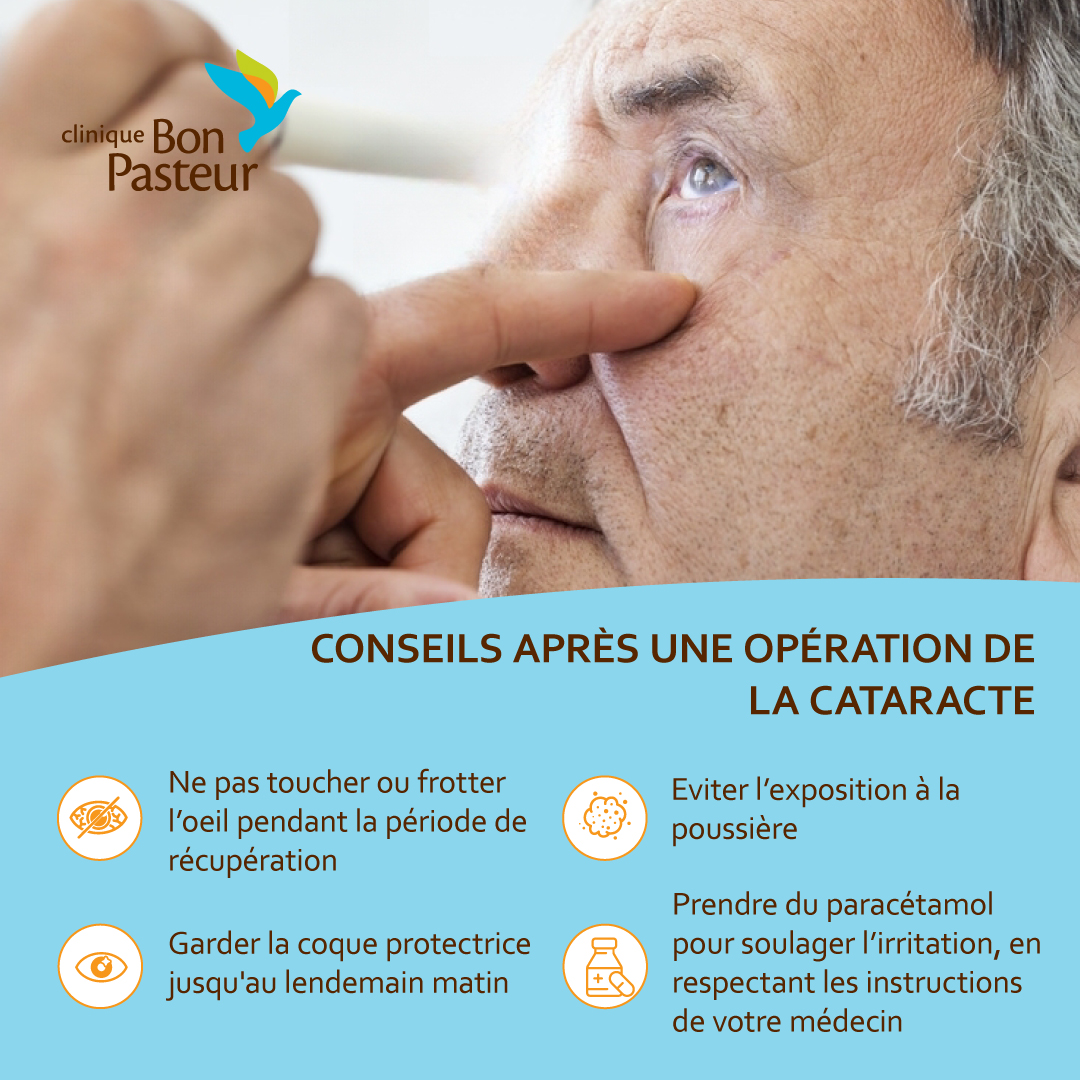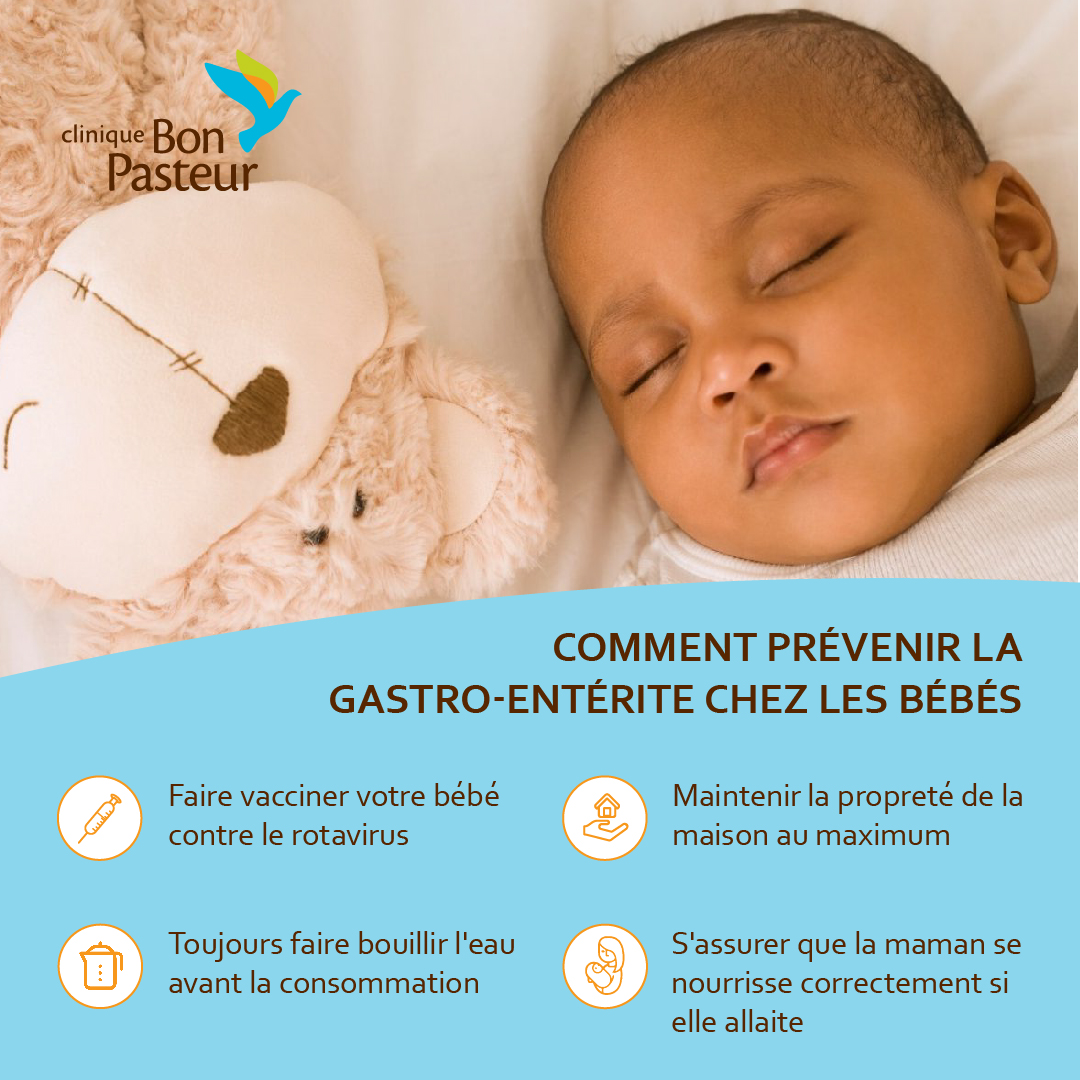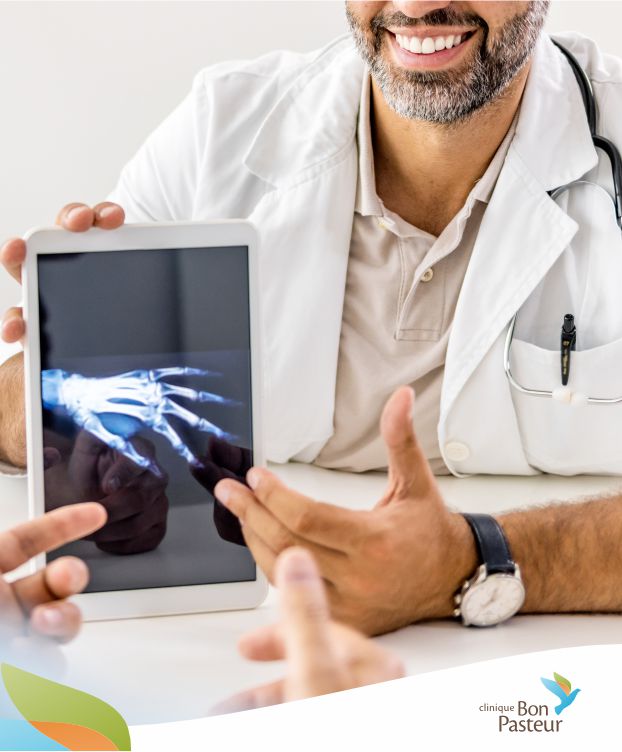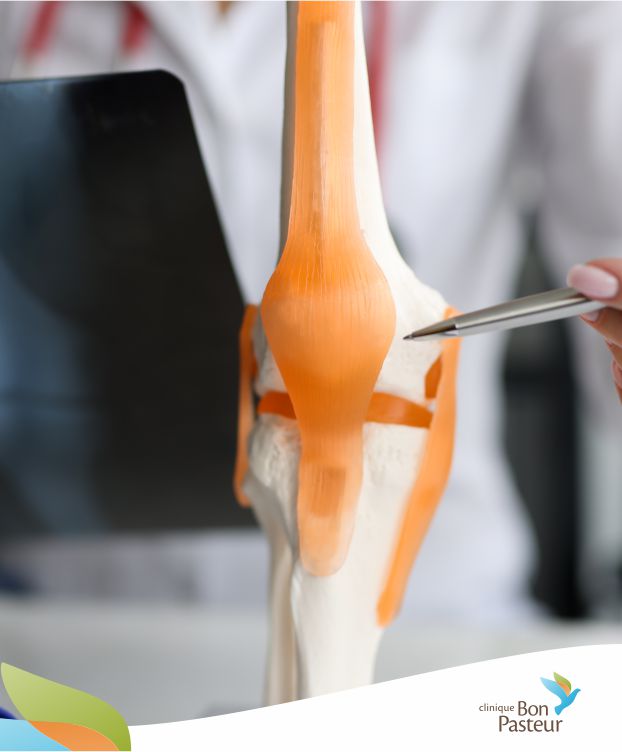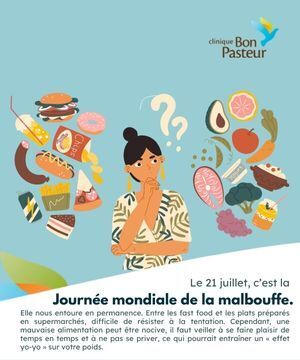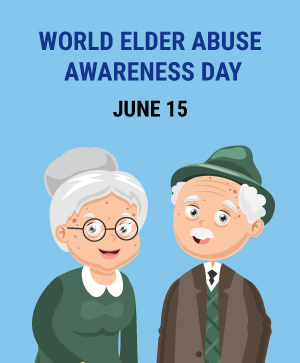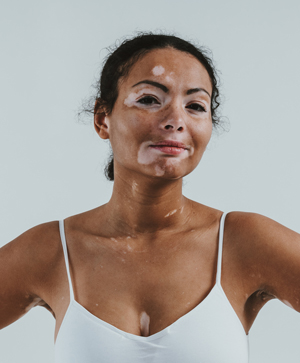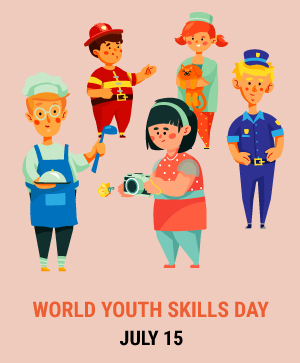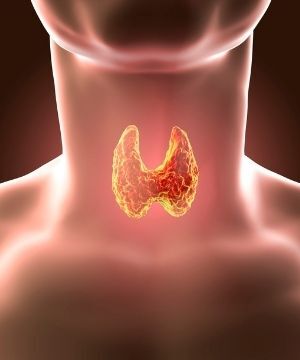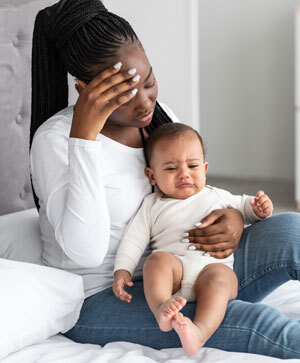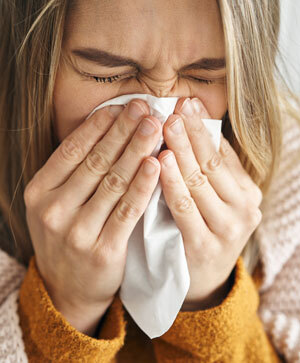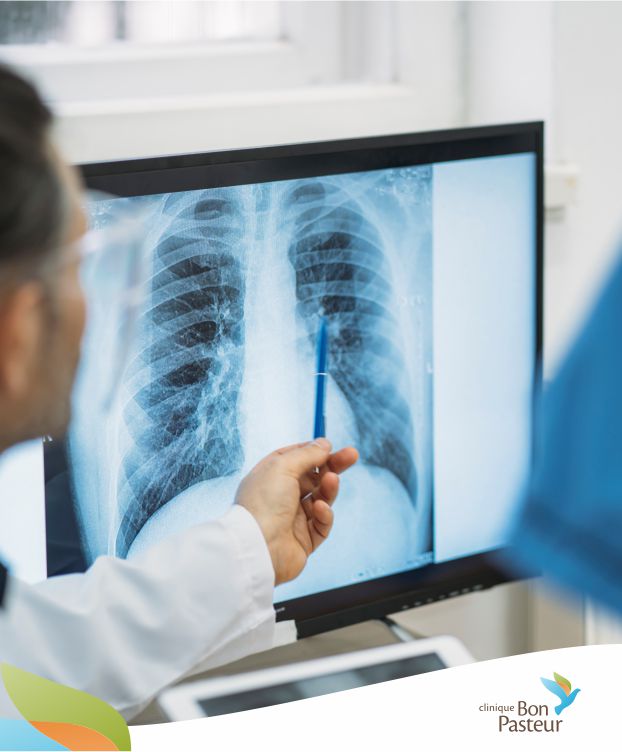Kissing: its effects and its place in post confinement time.
June 2, 2021
We have just celebrated, at the beginning of this month of July, the international kissing day. Taking different forms, and having different meanings, kissing is practiced in several parts of the world, has its share of benefits, but also comes with its health drawbacks. Overview.
Philematology is the science of kissing, and explores its biological, anatomical, and physiological foundations, just to name a few. From the friendly kiss, to the maternal kiss, or to the loving kiss, to the greeting kiss, or the ritual kiss, to the butterfly kiss, or Inuit kiss, to the kiss of Judas, to the “French kiss”, each one has a very precise place in different social norms around the world. But where does this practice come from?
Although there are few theories as to its source, some believe that kissing would come from our ancestral practices, precisely through kiss-feeding, when mothers premasticated food for their infant before feeding them through mouth-to-mouth. Others believe that this practice is innate and natural, as it is also observed in some animal species.
A kiss can be a symbol of friendly or parental affection, of love between couples, or a religious ritual, among others. It has been present in sacred books for centuries, Vedic texts dating from the 15th century BC, to the biblical texts of St Peter “Greet one another with a kiss of love”.
What are the effects caused by the act of kissing? This is an interesting question as it reveals that a simple kiss can involve between 23 and 34 facial muscles, 112 postural muscles, and can burn from 5 to 26 calories per minute. In addition, research in neuroscience has shown that kissing causes a whole series of biochemical reactions in our body: secretion of oxytocin, more commonly called the love hormone, which will lower our blood pressure and heart rate. Kissing also helps to reduce stress, with a decrease in cortisol and an increase in dopamine.
Unfortunately, as there are always two sides to every story, kissing can also be a source of infections. According to the American Journal of Medicine, “a number of pathologic organisms can be transmitted by kissing, including upper respiratory infective viruses, herpes simplex, and Epstein-Barr viruses, as well as pathogenic streptococci, syphilitic spirochetes, and Mycobacterium tuberculosis bacteria ”.
It is also to be noted that kissing was not recommended, and was even prohibited during pandemics. Thus, in the early 1600’s, Henri IV prohibited the practice of kissing in France because of the plague epidemic. Kissing is also strongly discouraged four centuries later, during a certain COVID-19 epidemic…
Where do Mauritians stand in light of this, as most of us grew up with kissing deeply rooted in our culture of greeting, or our expression of love and affection? In these post-COVID times, we must limit the expression of our feelings with members of our household only and respect the rules of social distancing. Why not an opportunity to strengthen family ties, while waiting for better days…
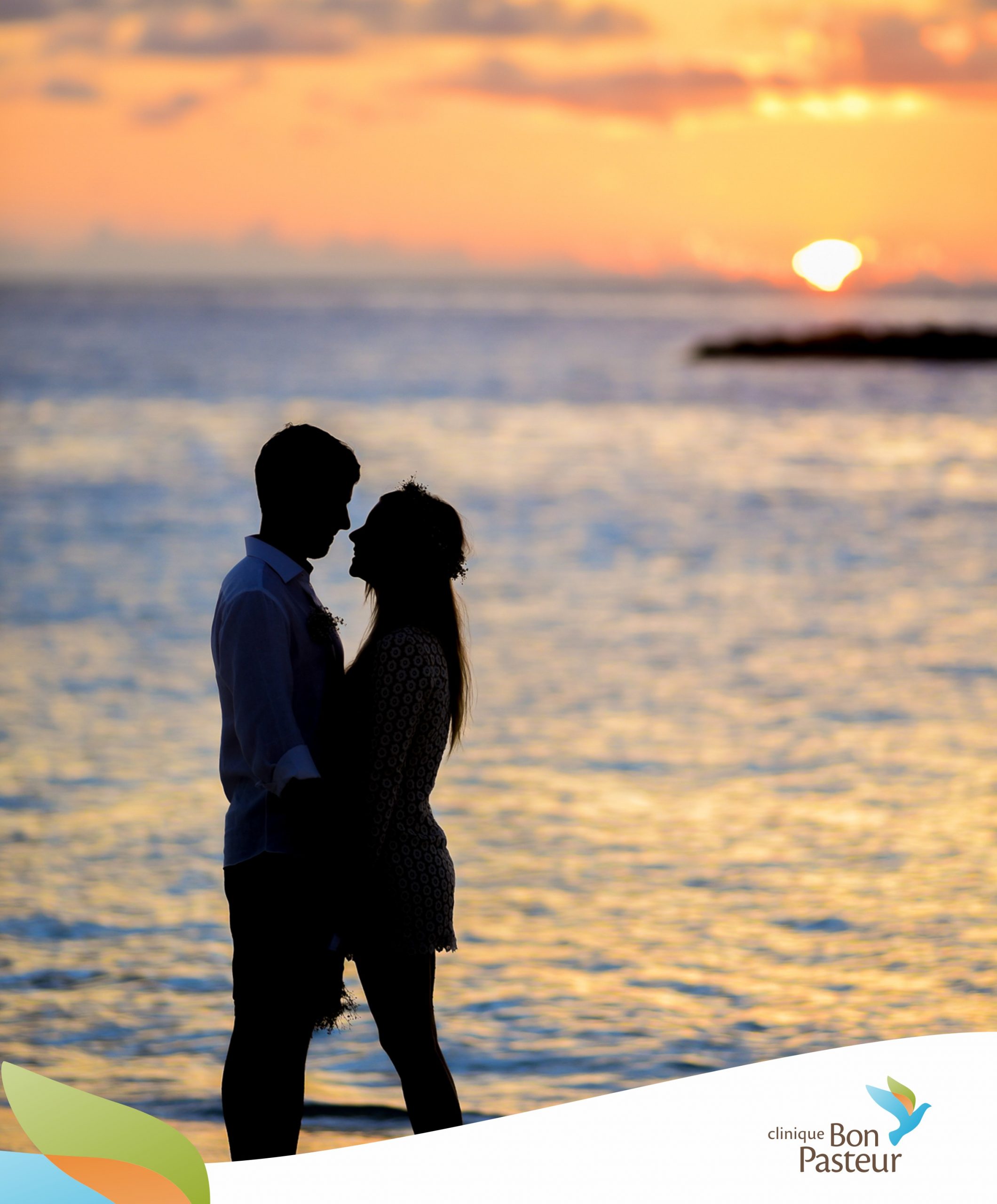
Related Article
